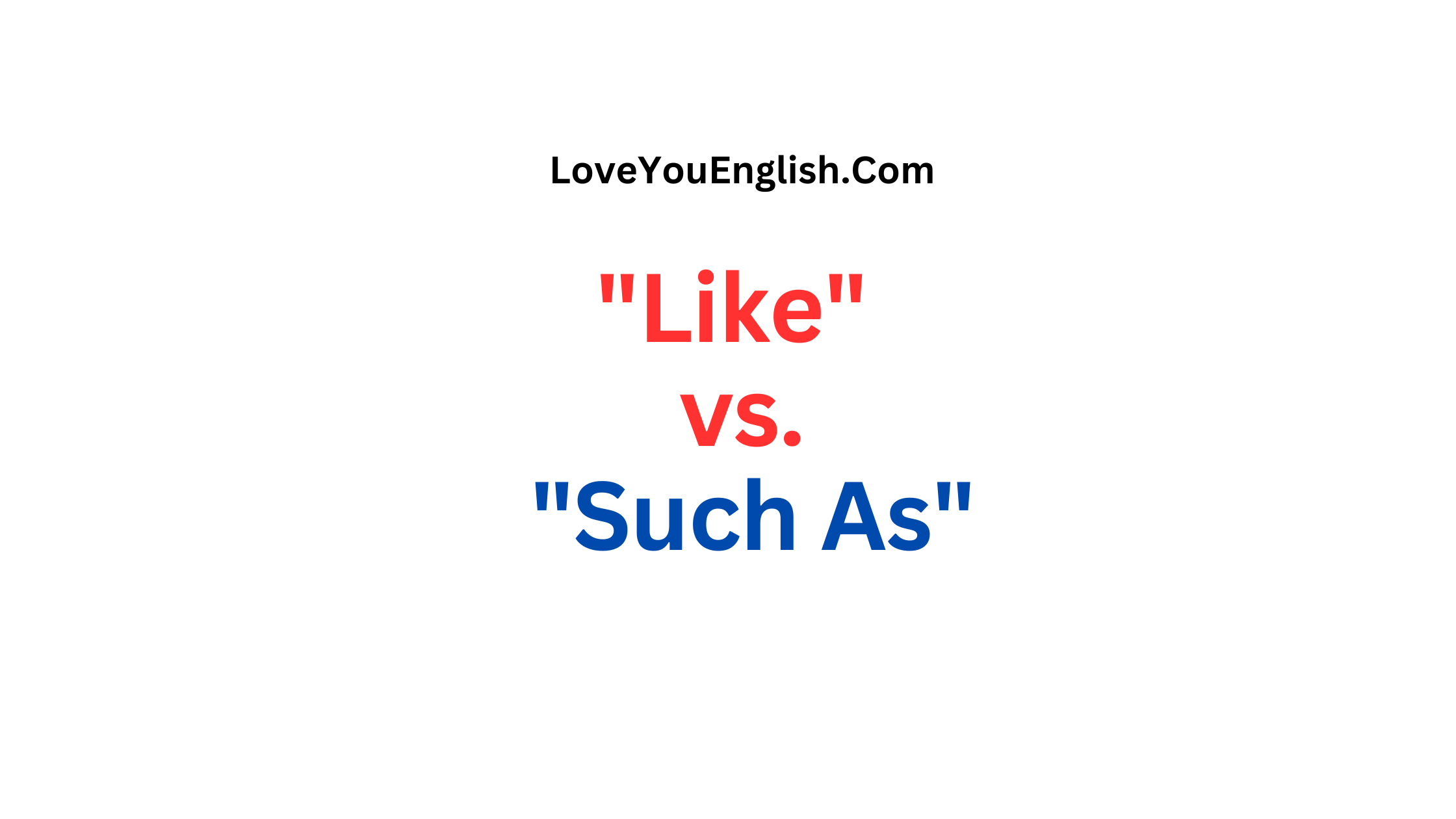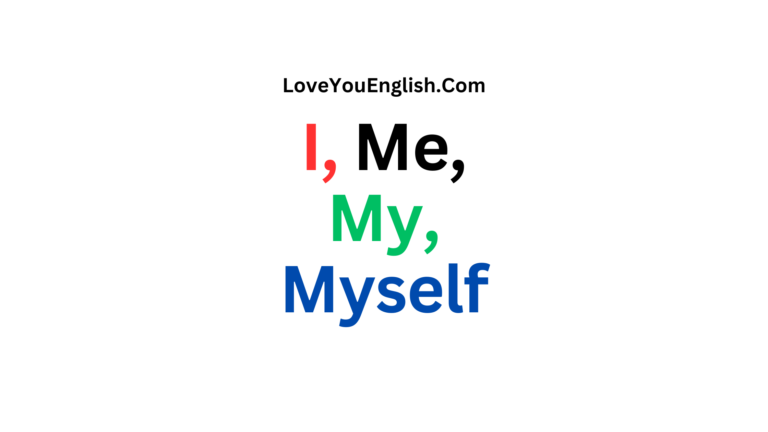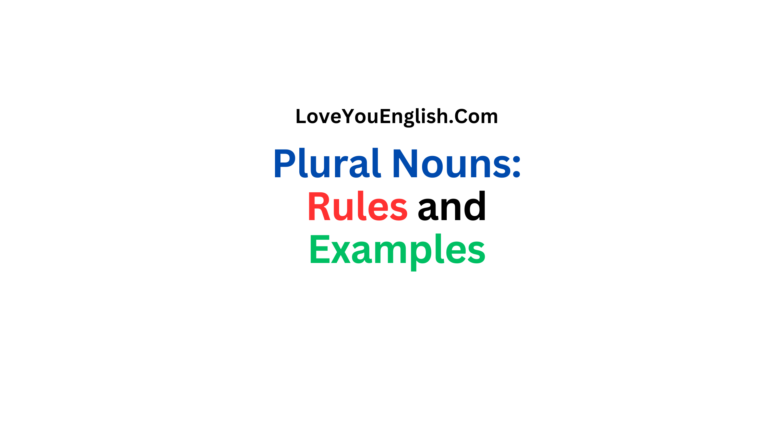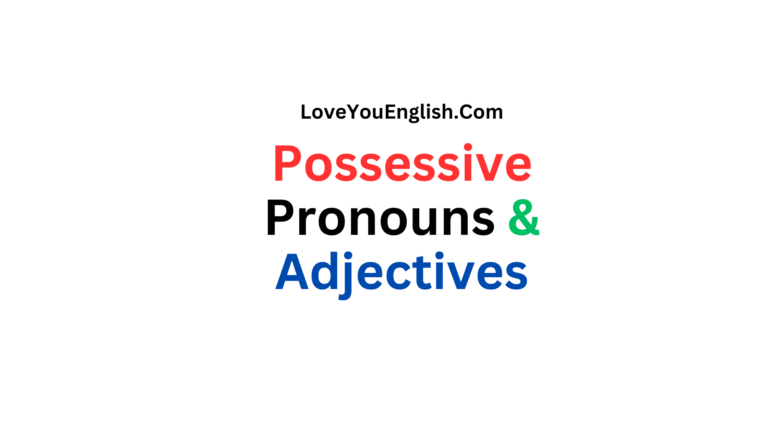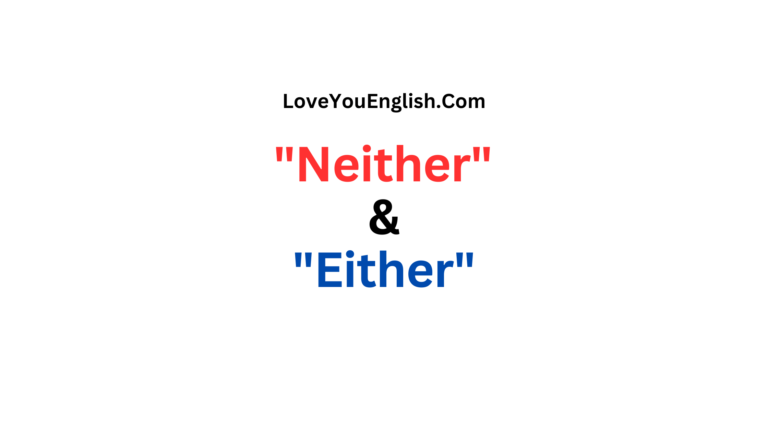When to Use “Like” vs. “Such As”
Have you ever paused mid-sentence, wondering if you should say “like” or “such as”?
You’re not alone—many people get confused about which one to use!
These two little phrases might seem similar, but they have different meanings and uses.
Using the wrong one can change what you’re trying to say or even make your writing less clear.
In this post, I’ll break down the difference between “like” and “such as” in simple terms.
By the end, you’ll know exactly when to use each one, with examples to make it crystal clear.
Whether you’re writing an email, a school essay, or a social media post, I will help you sound confident and correct.
What’s the Difference?
At their core, “like” and “such as” are used to give examples or make comparisons. But they don’t work the same way. Here’s the quick version:
- Like is used to show similarity or comparison. It suggests something is similar to what you’re talking about, but not exactly part of it.
- Such as is used to give specific examples that are part of the group or category you’re mentioning.
If that sounds a bit tricky, don’t worry—we’re going to unpack it with plenty of examples.
When to Use “Like”
Let’s start with “like.”
You use “like” when you want to compare something to another thing or show that they’re similar in some way.
It’s not about giving exact examples that belong to a group—it’s about pointing out things that resemble what you’re describing.
For example:
- I want to visit a city like Paris.
This means you want to visit a city that’s similar to Paris—maybe romantic, historic, or artsy—but not necessarily Paris itself. - She sings like an angel.
This is a comparison. Her singing is similar to how an angel might sing, but she’s not literally an angel.
Here’s another one:
- He runs like Usain Bolt.
This doesn’t mean he is Usain Bolt or even that he’s an Olympic runner. It just means his running style or speed reminds you of Usain Bolt.
The key with “like” is that it’s about resemblance or comparison, not including something in a category.
Common Situations for “Like”
You’ll often see “like” in these cases:
- Describing similarities: This cake tastes like chocolate heaven.
- Making metaphors or similes: Her smile was like sunshine on a cloudy day.
- Talking about things that are similar but not identical: I need a car like a Tesla—sleek and fast.
A Word of Caution
Sometimes, using “like” can make your sentence less precise.
For example:
- I enjoy sports like basketball and soccer.
This could mean you enjoy basketball and soccer, or it could mean you enjoy sports similar to basketball and soccer (like volleyball or rugby). If you mean the specific sports, “such as” is clearer. We’ll get to that soon.
When to Use “Such As”
Now let’s talk about “such as.”
You use “such as” when you want to give specific examples that belong to the group or category you’re talking about.
It’s like saying, “Here are some actual members of this group.”
For example:
- I enjoy sports such as basketball and soccer.
This means basketball and soccer are specific sports you enjoy. They’re part of the “sports” category you’re talking about. - We visited countries such as Italy and Spain.
This means you actually visited Italy and Spain, not just places like them.
Here’s another:
- She’s allergic to fruits such as strawberries and mangoes.
This tells us strawberries and mangoes are specific fruits she’s allergic to.
The key with “such as” is that it introduces actual examples that are part of the thing you’re describing.
Common Situations for “Such As”
You’ll often use “such as” when:
- Listing specific examples: I love desserts such as ice cream and cheesecake.
- Clarifying a category: Big cats, such as lions and tigers, are fascinating.
- Being precise: I need tools such as a hammer and a screwdriver for this project.
Why “Such As” Can Be Better
“Such as” is often more precise than “like” when you’re giving examples.
It leaves no room for confusion about whether you’re talking about the actual thing or something similar.
For example:
- I want to meet people like teachers and doctors.
This could mean you want to meet teachers and doctors, or it could mean people similar to them, like tutors or nurses. - I want to meet people such as teachers and doctors.
This clearly means you want to meet actual teachers and doctors.
Side-by-Side Examples
Let’s put “like” and “such as” side by side to really drive the difference home:
Talking about food:
- I love snacks like chips and popcorn.
This means you love snacks that are similar to chips and popcorn—maybe pretzels or nachos. - I love snacks such as chips and popcorn.
This means chips and popcorn are specific snacks you love.
- She enjoys activities like painting and hiking.
This suggests she enjoys activities similar to painting and hiking, like drawing or camping. - She enjoys activities such as painting and hiking.
This means painting and hiking are specific activities she enjoys.
Talking about places:
- I dream of living in a place like Hawaii.
This means a place similar to Hawaii—maybe tropical or relaxing—but not necessarily Hawaii itself. - I dream of living in places such as Hawaii and Bali.
This means Hawaii and Bali are specific places you’d love to live.
Seeing the pattern? “Like” is about similarity, while “such as” is about specific examples.
Tricky Cases and Common Mistakes
Even with the basics down, there are some situations where people mix up “like” and “such as.”
Let’s look at a few tricky cases and how to handle them.
1. When You’re Being Vague on Purpose
Sometimes you want to be vague, and that’s when “like” shines. For example:
- I need something like a vacation.
This means you need something similar to a vacation—maybe a day off or a spa trip. You’re not being specific, and that’s okay.
But if you say:
- I need something such as a vacation.
This sounds like you’re specifically talking about a vacation, which might feel too narrow.
2. Formal Writing
In formal writing, like essays or reports, “such as” is usually preferred when giving examples. It’s more precise and professional.
For example:
- The company works with clients such as Google and Apple.
This sounds polished and clear—you’re saying these are actual clients.
Using “like” in formal writing can sometimes make you sound casual or unclear:
- The company works with clients like Google and Apple.
This could mean they work with Google and Apple, or it could mean similar companies, like Microsoft or Amazon. It’s less certain.
3. When the Meaning Changes
In some cases, choosing “like” or “such as” can completely change what you’re saying.
Check this out:
- Animals like pandas are endangered.
This means animals similar to pandas—like koalas or certain monkeys—might be endangered. - Animals such as pandas are endangered.
This means pandas themselves are definitely part of the endangered group.
If you pick the wrong one, you might confuse your reader or say something you didn’t mean.
4. Overusing “Like”
A lot of people use “like” as a filler word, especially when speaking:
- I was, like, so tired, and it was, like, crazy.
This is fine in casual conversation, but in writing, it can make you sound unsure or sloppy. Stick to using “like” for comparisons, and use “such as” when you’re listing examples.
Tips for Choosing the Right One
If you’re still unsure which to use, here are some simple tips to guide you:
Ask yourself: Am I comparing or giving examples?
- If you’re comparing something to another thing, use “like.”
Example: This book is like a rollercoaster ride. - If you’re giving specific examples, use “such as.”
Example: I read books such as mysteries and thrillers.
Think about your reader.
If you want to be super clear, especially in writing, “such as” is often the safer choice for examples.
If you’re being creative or casual, “like” can add a conversational vibe.
Test the sentence.
Try swapping “like” and “such as” in your sentence. Does the meaning change?
If yes, pick the one that says what you mean.
- I want a pet like a dog. (Something similar to a dog, like a wolf?)
- I want a pet such as a dog. (An actual dog.)
When in doubt, rephrase.
If you’re stuck, you can avoid both words altogether:
- Instead of I like movies like comedies, try I enjoy comedies and similar movies.
- Instead of I need tools such as hammers, try I need hammers and other tools.
Practice Makes Perfect
To really get the hang of “like” vs. “such as,” let’s do a quick practice. Read these sentences and decide which word fits best:
- I want to try new foods ___ sushi and tacos.
- She dances ___ a professional ballerina.
- We need supplies ___ pencils and paper.
- He looks ___ a movie star.
- My favorite books are ones ___ novels and memoirs.
Answers:
- such as (specific foods you want to try)
- like (comparing her dancing to a ballerina’s)
- such as (specific supplies you need)
- like (comparing his looks to a movie star’s)
- such as (specific types of books)
Try writing a few sentences of your own using both “like” and “such as.” The more you practice, the easier it gets!
Why It Matters
You might be thinking, “Does this really matter?
People will understand me either way.” And you’re partly right—most people will figure out what you mean.
But using “like” and “such as” correctly makes your communication sharper and shows you care about getting things right. Here’s why it’s worth the effort:
- Clarity: The right word ensures your reader or listener knows exactly what you mean.
- Professionalism: In school, work, or formal writing, “such as” often sounds more polished than “like.”
- Confidence: When you know you’re using the right word, you feel more sure of yourself.
Plus, little details like this can make a big difference in how people see you.
Whether you’re writing a job application or posting online, clear language helps you stand out.
Wrapping It Up
So, when should you use “like” vs. “such as”? It’s simple:
- Use like when you’re comparing something or talking about similarities.
Example: This coffee tastes like heaven. - Use such as when you’re giving specific examples that belong to a group.
Example: I drink coffee blends such as Colombian and Ethiopian.
By keeping this distinction in mind, you’ll avoid confusion and make your sentences clearer.
Practice a little, and soon it’ll feel second nature.
Next time you’re about to write or say one of these phrases, pause for a second and think: Am I comparing, or am I listing examples?
You’ve got this!
If you want to dig deeper, try noticing how “like” and “such as” are used in books, articles, or even conversations.
You’ll start spotting the difference everywhere.
And who knows?
You might even catch someone else mixing them up—and now you’ll know exactly how to fix it.

